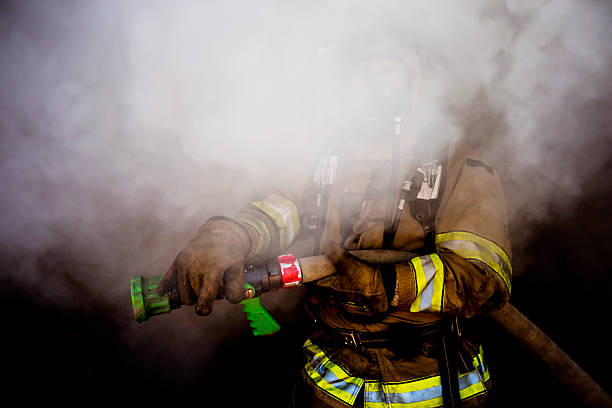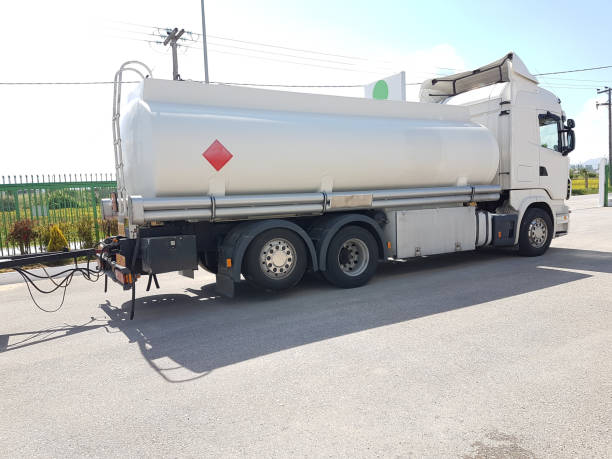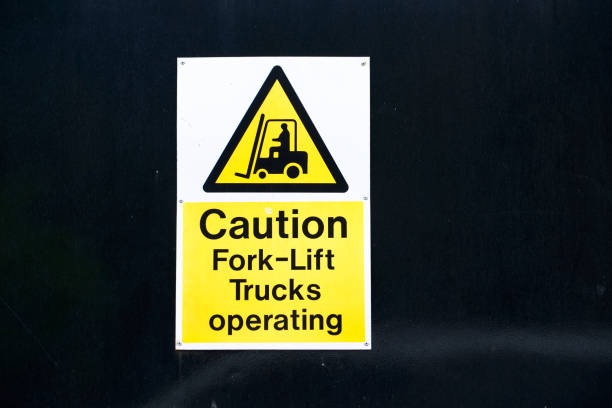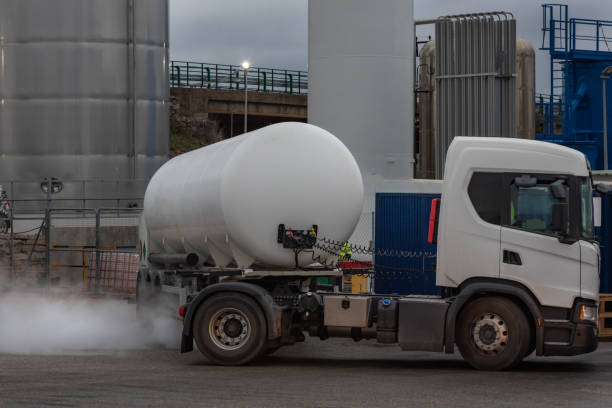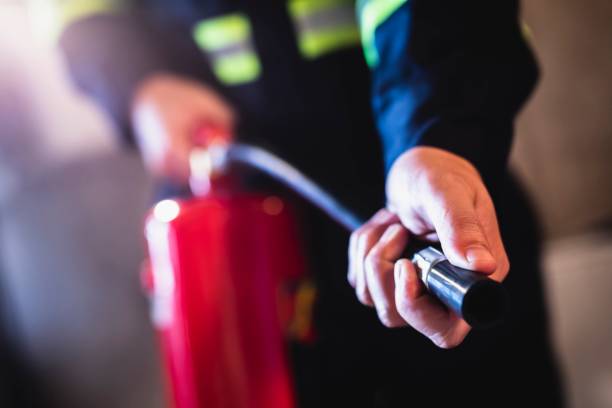The Power of Relationships: Fueling Success in the Propane Industry
Relationships are crucial in the propane industry, as in any business or personal endeavor. At Energy Distribution Partners (EDP), numerous successful business transactions can be attributed to the power of relationships within the propane industry. More than 35 business owners have chosen EDP as their transition partner, and almost every decision was influenced by a… Continue reading The Power of Relationships: Fueling Success in the Propane Industry
Relationships are crucial in the propane industry, as in any business or personal endeavor. At Energy Distribution Partners (EDP), numerous successful business transactions can be attributed to the power of relationships within the propane industry. More than 35 business owners have chosen EDP as their transition partner, and almost every decision was influenced by a pre-existing relationship with a member of the EDP team. The collective experience of industry veterans, such as CEO, Tom Knauff, President and COO, Boyd McGathey, and Vice President of Corporate Development, Daniel Dixon, has helped establish connections with propane business owners and advisors throughout the industry.
Barrett Propane is another outstanding example of a propane company’s success through industry relationships. Serving customers in Prescott, Arizona, for over 50 years, the Barrett family has earned a reputation for outstanding customer service. The family’s extensive industry involvement, including Malcolm Barrett’s National Propane Gas Association (NPGA) chairmanship and Dave Barrett’s current Arizona Propane Gas Association presidency, has cultivated numerous valuable relationships. Dave emphasizes the benefits of these connections, citing how sharing company metrics with trusted colleagues in benchmarking groups has greatly influenced decision-making at Barrett Propane.
Dave further highlights the value of relationships with local competitors. Maintaining positive connections with nearby propane marketers has proven helpful in navigating challenges and finding solutions through collaboration. In times of short-term needs, the ability to rely on industry colleagues for assistance with equipment or other resources has been invaluable.
Unexpected encounters at industry events can also lead to significant business transactions. An industry peer shared an intriguing story of meeting with Dave Barrett at a propane expo, eventually leading to EDP becoming Barrett Propane’s chosen partner in their business transition. Familiarity with EDP’s culture and executive team, established through years of professional relationship building, played a crucial role in the swift completion of the transaction.
Many colleagues in the propane industry have formed personal bonds that extend beyond the workplace, providing an additional source of fulfillment and enjoyment. Propane professionals should be willing to invest time and effort in networking and getting to know their industry peers. Establishing connections with colleagues is vital to a successful career, enabling collaboration, shared knowledge, and potential opportunities for growth and partnership.



